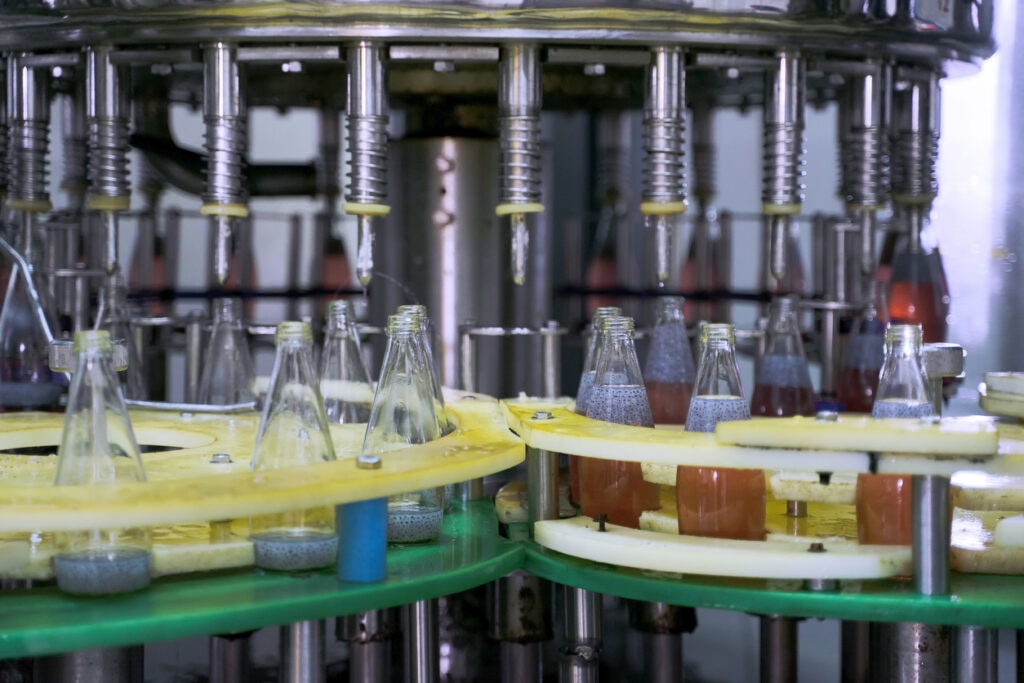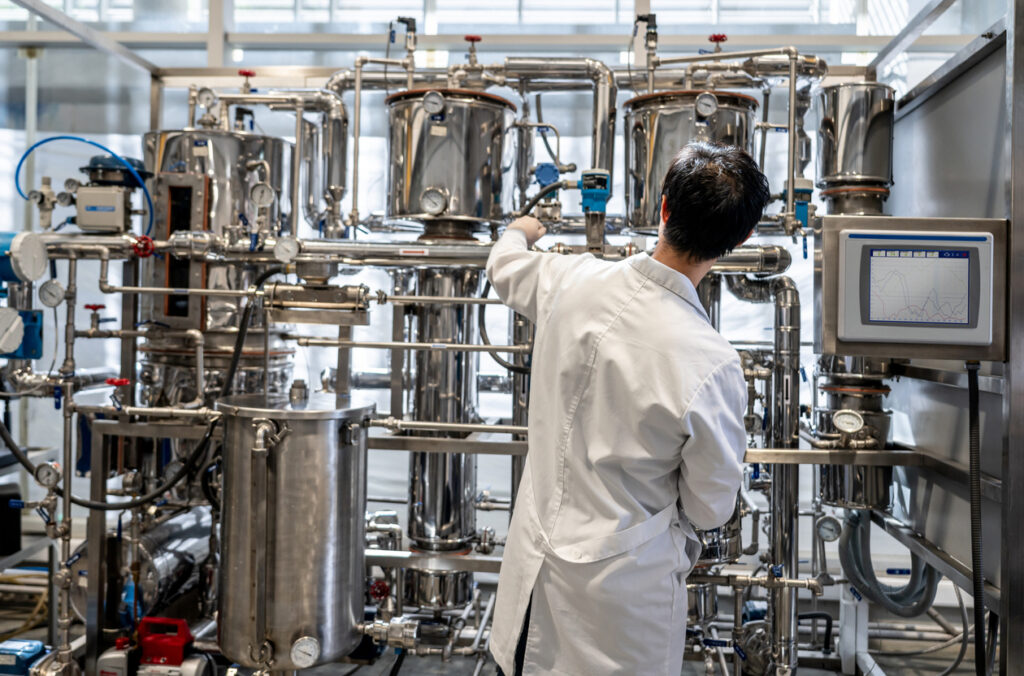Safety in manufacturing is essential, which is why seal technology experts continually innovate new safety solutions with new developments emerging every day. This article provides a glimpse into the latest advances in material science and seal design technologies that are shaping the future of high-performance sealing solutions.
First, let’s explore how seals keep us safe to illustrate the powerful role that seals play in the manufacturing industry.
How Seals Keep Us Safe
Seals are used in all kinds of industrial applications, including hydraulic systems, hydraulic pumps and motors, steam turbines, and compressors. In fact, an estimated 90 percent of large industrial machinery relies on some form of seal for operation.
Seals improve safety in manufacturing by maintaining fluid pressure and protecting sensitive components from contamination. They prevent damage to machinery and equipment, which can lead to extensive repairs, injury, or even a complete shutdown. Seals also prevent leaks of hazardous or toxic fluids, protecting workers and consumers from harm. In addition, sealing systems reduce wear on moving parts and extend the life of machinery. This reduces the risk of fire or personal injury.
While seal safety is important in every manufacturing sector, there are several examples of its critical role in specific industries:
- In the automotive industry, seals keep fluids in and contaminants out from a vehicle’s engine, preventing costly customer repairs and injury.
- In medical and pharmaceutical manufacturing, seals protect patients from cross-contamination and ensure purity by avoiding errors related to poor sterilization procedures.
- In chemical manufacturing facilities, seals keep volatile chemicals within their designated areas while keeping workers safe from exposure.
- In food and beverage processing plants, seals keep dangerous contaminants safely excluded from human consumption.
By maximizing safety with optimal sealing technology, facilities can maintain the integrity of manufacturing systems and keep workers and consumers safe. Next, we’ll introduce you to a few of the latest advances in material science and seal design that help ensure the safety of seals in many applications.
Advances in Material Science & Seal Design
Advances in material science and seal design have been instrumental in the development of safer and more reliable seals. With each improvement, manufacturers can produce seals with better performance, durability, and resistance to wear and tear, chemical attack, and extreme temperatures. The development of new materials, such as improved wear resistant compounds, FFKM’s, internally lubed materials, engineered plastics with improved high temperature limits, and advanced fillers, has revolutionized the sealing industry. Additionally, high performance elastomer seals improve sealing performance, ensuring that the seals are more effective and reliable.
Beyond material science innovations, research teams are continuously working to create new seal designs that offer better performance while maintaining safety and reliability. The designs incorporate new features and technologies that improve sealing performance, reduce the risk of leakage or failure, and maintain the integrity of the system in which they are used.
The use of advanced materials and seal designs has enhanced the safety and effectiveness of seals, ensuring that manufacturers can operate safely and efficiently while keeping their workforce, facility, and product safe. The continued advances in seal technology hold the potential for even safer and more reliable seals in the future. This will further contribute to the safety and efficiency of the manufacturing industry.
Which types of seals feature these latest technologies? Keep reading to explore the different types of seals designed for maximum safety and reliability.
Types of Seals that Keep Us Safe
Mechanical seals, O-rings, and oil seals are standard sealing devices designed for optimal safety and performance. They are suitable for various applications, with each type having unique application-specific safety and performance properties.
Mechanical Seals
Mechanical seals are used primarily for industrial process applications in which conditions could involve high pressure or extreme temperatures. They are available in various materials such as carbon, tungsten carbide, silicon carbide, stainless steel, Hastelloy, alloy 20, titanium, and many different secondary elastomer seals. These come in two main varieties: labyrinth design and rotating end face seals.
- A labyrinth seal features multiple grooves that force fluids through tortuous paths before they reach critical parts. This has been proven effective at keeping out contaminants like dirt or dust particles while still allowing proper lubrication fluids at critical dynamic components.
- Mechanical end face designs feature mating rotating and stationary faces engineered with tightly calculated face pressures utilizing various spring methods. A thin microfilm of the process fluid or gas is designed to lubricate the faces while maintaining a zero-leakage condition.
O-Rings
Manufacturers frequently use O-rings to prevent leaks of hazardous or toxic fluids. Typically made of many types of rubber (elastomers), these donut-shaped seals are often used by themselves or in conjunction with other sealing technologies like mechanical seals.
Oil Seals
Oil seals are typically used in machinery that requires oil or grease containment and a dual-purpose contamination excluder. They can withstand harsh environments such as extreme temperatures without leaking lubricants from protected areas like bearings.

How to Select the Safest Seal
When selecting a seal, consider its intended use and the potential impact of its failure. Seal failure can impact equipment, process, and personnel. This will help determine the necessary performance standards for the seal, ensuring that the solution can handle the required pressure, temperature, chemical exposure, and other application conditions.
With extensive material science expertise and long-standing relationships with the industry’s top seal suppliers, we give you access to the latest seal advancements and technologies. Our team is dedicated to developing customized solutions that address your unique seal challenges. We also prioritize safety in the field, and enhance overall reliability and performance. Contact us for access to advanced technical knowledge to help you select the safest sealing solution for your application.

